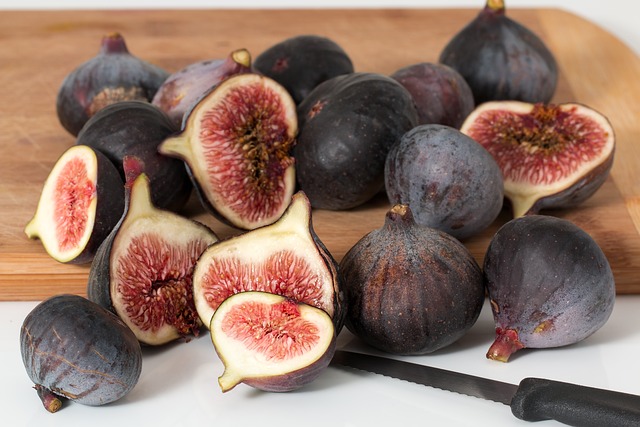Probiotics are becoming increasingly popular as people become more aware of the importance of a healthy gut. As a beginner, understanding what they are and why they’re important can be a bit overwhelming. This guide will help you navigate the world of probiotics, explaining what they are, why you need them, and how to incorporate them into your diet.
What are Probiotics?
Probiotics are live microorganisms that, when consumed in adequate amounts, provide numerous health benefits. The most common types of probiotics are bacteria, but some yeasts and other microorganisms can also act as probiotics.
Probiotics can be found naturally in some foods, such as yogurt and kefir, and can also be taken in supplement form.
Why Do You Need Probiotics?
The gut is home to trillions of bacteria, both good and bad. When the balance between these bacteria is disrupted, it can lead to numerous health problems, such as digestive issues, allergies, and even mental health conditions.
Probiotics help to maintain the balance of good bacteria in the gut, promoting digestive health and reducing the risk of these health problems.
Benefits of Probiotics
Probiotics have numerous health benefits, including:
- Improved digestion and nutrient absorption
- Boosted immune system function
- Reduced risk of diarrhea and other digestive issues
- Reduced inflammation throughout the body
- Improved mental health and cognitive function
How to Incorporate Probiotics into Your Diet
There are several ways to incorporate probiotics into your diet:
1. Fermented Foods
Fermented foods are a great source of probiotics. Some examples include:
- Yogurt
- Kefir
- Sauerkraut
- Kombucha
- Kimchi
2. Probiotic Supplements
If you don’t consume enough probiotic-rich foods in your diet, taking a probiotic supplement can be a great option. There are many different types of probiotic supplements available, so it’s important to choose one that contains the strains of bacteria that are most beneficial for your specific health needs.
3. Prebiotic Foods
Prebiotic foods are foods that feed the good bacteria in your gut, helping them to thrive. Some examples of prebiotic foods include:
- Whole grains
- Onions and garlic
- Bananas and apples
- Asparagus
- Artichokes
Conclusion
Probiotics are an essential part of a healthy diet, helping to promote digestive health, boost the immune system, and reduce the risk of numerous health problems. By incorporating probiotic-rich foods into your diet or taking a probiotic supplement, you can help maintain a healthy balance of bacteria in your gut and improve your overall health and well-being.







